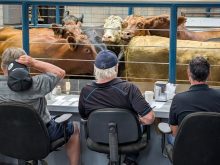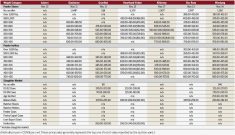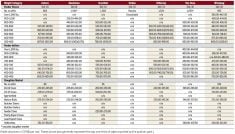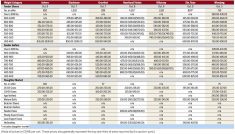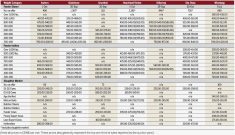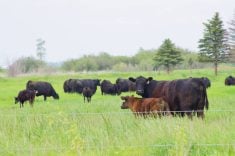Penn State University researchers say that contrary to conventional wisdom, a growing body of evidence shows that eating lean beef can reduce risk factors for heart disease.
“This research adds to the significant evidence, including work previously done in our lab, that supports lean beef’s role in a heart-healthy diet,” Penny M. Kris-Etherton, distinguished professor of nutrition said in a release. “This study shows that nutrient-rich lean beef can be included as part of a heart-healthy diet that reduces blood pressure, which can help lower the risk for cardiovascular disease.”
Read Also
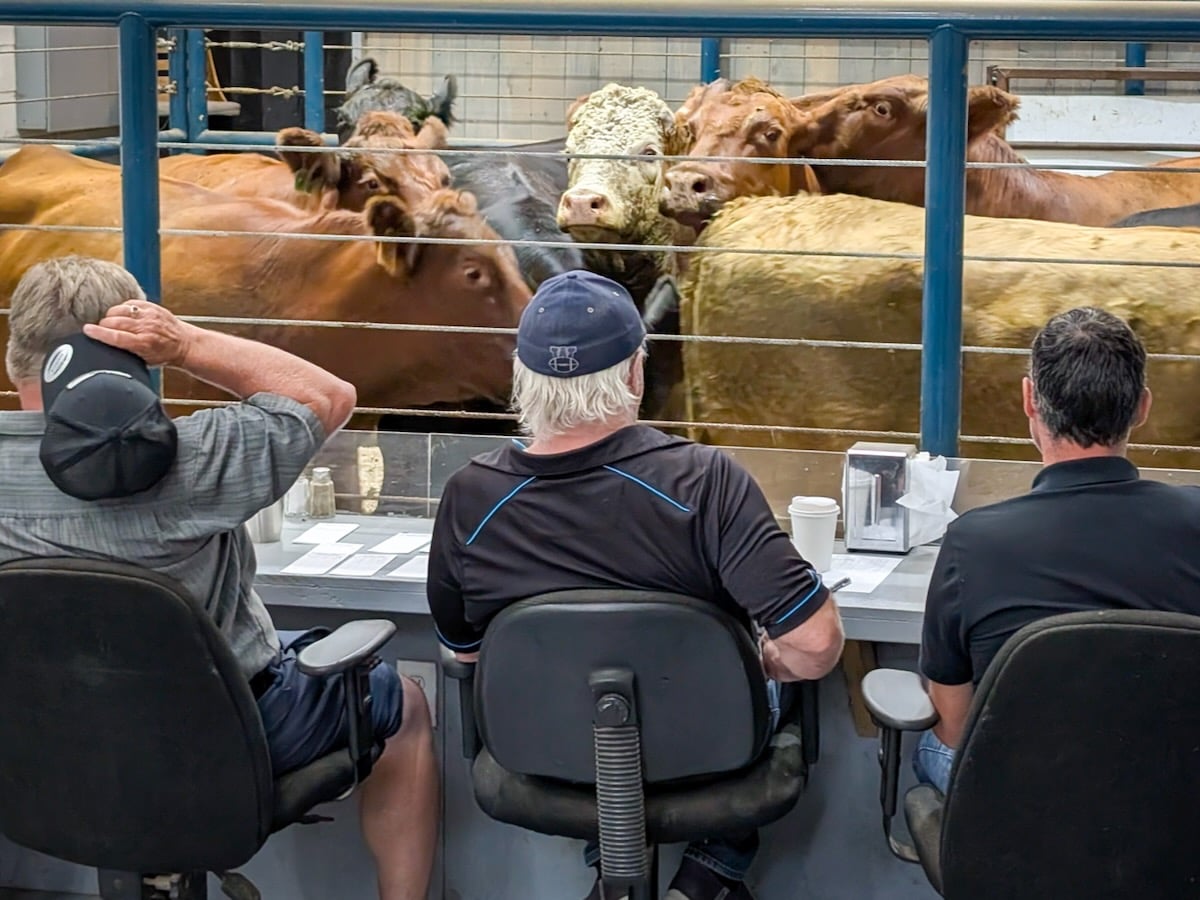
Manitoba cattle prices, Jan. 28
Price ranges for cattle sold at five Manitoba livestock auction markets during the week ending Jan. 27, 2026
In a report in the Journal of Human Hypertension, the researchers said that lean beef can be part of a diet similar to the Dietary Approaches to Stop Hypertension (DASH) plan recommended by the American Heart Association to lower blood pressure and reduce risk of heart disease. People following the DASH diet are encouraged to eat fruits, vegetables, low-fat dairy and protein predominantly from plant sources.
- From Country Guide: Maintain your mineral levels
The researchers tested a “DASH-like” diet called the BOLD+ diet — Beef in an Optimal Lean Diet — with 5.4 ounces of lean beef. They compared it with the BOLD diet (four ounces of beef), a control diet with 0.7 ounces, and the DASH diet.
The BOLD+ diet was more effective at reducing blood pressure when compared to the other diets tested, the researchers said.
“This evidence suggests that it is the total protein intake — not the type of protein — that is instrumental in reducing blood pressure, as part of a DASH-like dietary pattern,” the researchers stated.
The research was funded in part by the U.S. national beef checkoff program.




